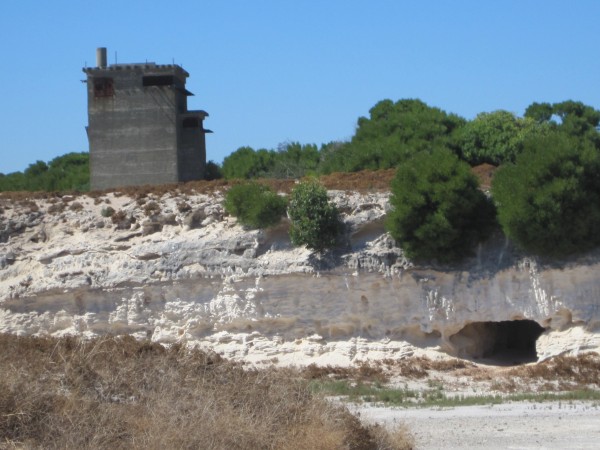You cannot talk about the history of Apartheid without mentioning the political prisoners that were held for years simply for speaking their minds. They were imprisoned for anything politically controversial. This included speeches, poems, theatre, journalism, or basically any actions that the government felt were harmful to their integrity.
While in Cape Town, we interacted with a few political prisoners who gave us insight into what it was that they were fighting for, and why they were willing to go to prison for what they believe. On our second day in Cape Town we met with a famous South African actress, playwright, and current professor at University of Western Cape, Charlyn Wessels Dyer. She spoke to us about the importance of political expression and her experience with political oppression during Apartheid. She shared with us her experiences of constantly being followed, of being arrested, and of having her phone tapped, simply for being involved in political theatre. They felt that she was a “threat to the government.” She called her art “struggle theatre,” which focused on ordinary people doing ordinary things. Her life revolved around her true love for theatre mixed with her passion and desire for a better and freer South Africa. She spoke about being okay with a life of danger, but once the safety of her family was in jeopardy, she was forced to move out of the country.
One day we took a visit to Robben Island, which is a former maximum-security prison, and is now a popular tourist destination. During the times of Apartheid, Robben Island housed many political prisoners including current President of South Africa Jacob Zuma, and most famously Nelson Mandela. Our guide for the bus tour told of the struggles and conditions that the prisoners faced while in Robben Island. The most interesting part of the bus tour was where we saw an old rock quarry with a small cave, where the prisoners would go to the bathroom (picture below). The strict rules of Apartheid prohibited the white guards into the “black bathroom,” so many of the political prisoners would sit in the cave surrounded by raw sewage and discuss future political plans. The guide spoke about how future and former African National Congress members discussed and wrote the future constitution of South Africa while in that small and smelly cave.
Also while in Cape Town we met with James Matthews, who is a famed poet, writer, and publisher during Apartheid. We read excerpts from his collection of poems titled, “Poems from a Prison Cell,” and then were given a chance to ask him questions and hear a little about his life. Matthews wrote the poems while imprisoned in Victor Vester Maximum Security Prison, where he was detained for writing “politically compromising material.” These poems are a very real picture of life in prison and often spoke to his daily emotions and experiences. In one poem he says:
boredom
like quicksand
sucking one into
a bottomless pit
inertia dulling the senses and
deadly to thoughts awakening in mind
Matthews told a story how he could not send his poems by mail because they would be confiscated, so he would sneak them into the shirt of his baby granddaughter during visiting hours. This collection of poems was banned in 1977, just two weeks after it was published. He refused to appeal the ban because he did not want to give in to the power of the Nationalist government.
Political prisoners can teach us a lot about perseverance and hope. They suffered for a cause that they believed in, so that one day, South Africa could be free from the hatred and prejudice of Apartheid. Many of these prisoners did not live to see that day come, but it is the stories of people like Charlyn Wessels Dyer, Jacob Zuma, James Matthews, and Nelson Mandela, that give hope to the ideals of free speech and freedom from oppression.

